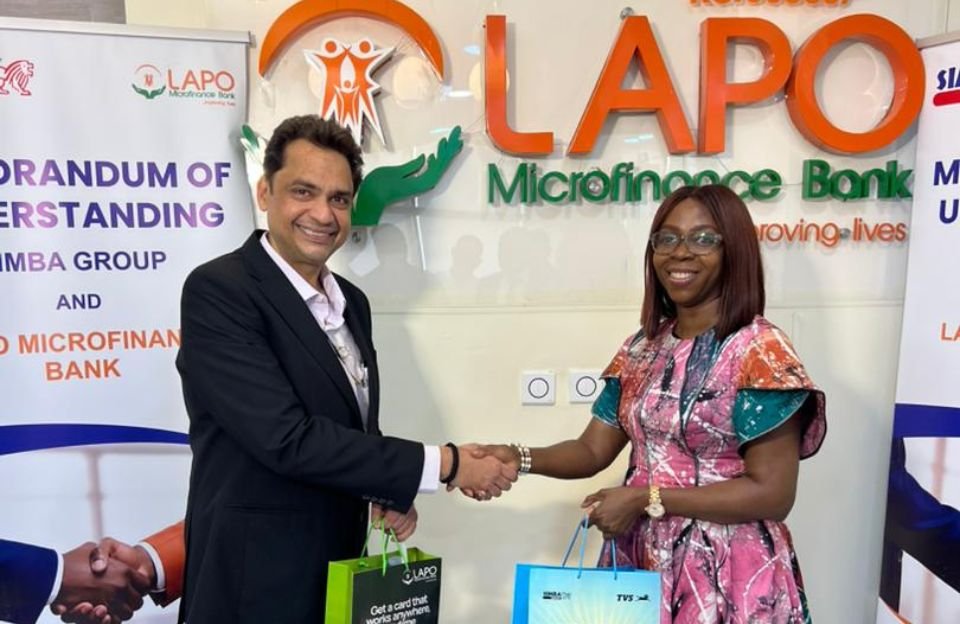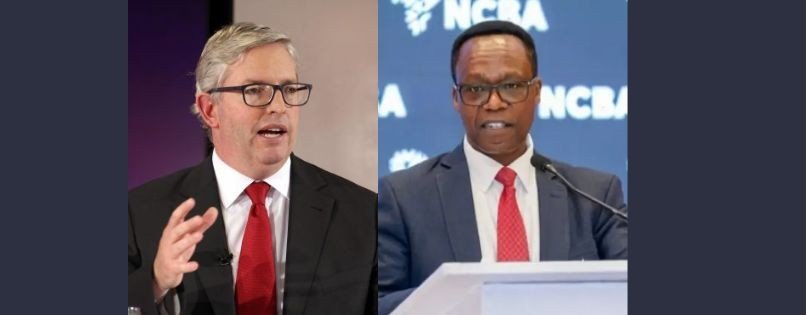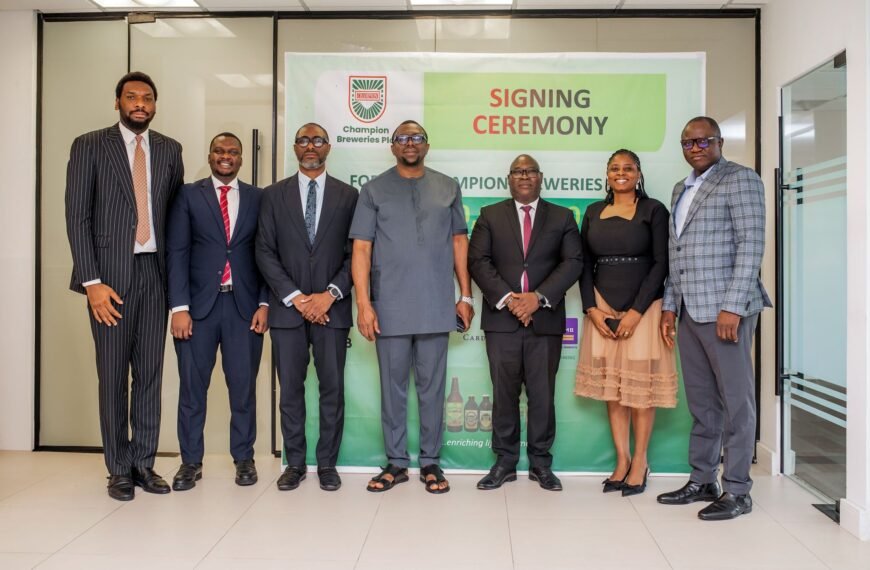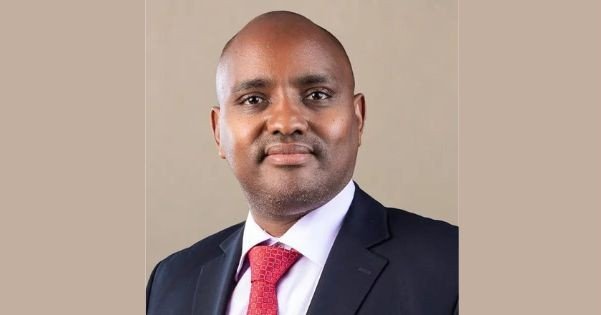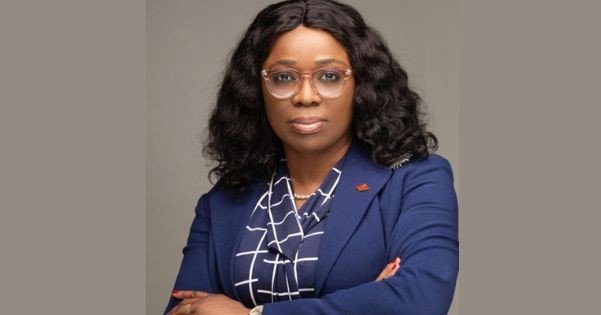
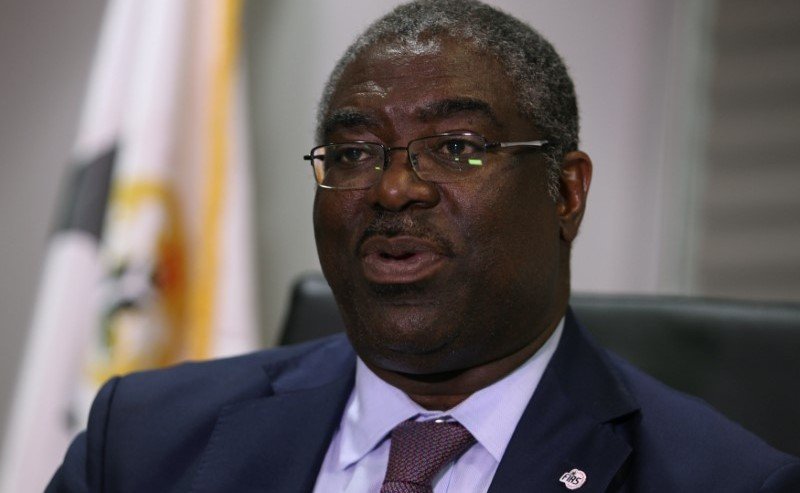
FIRS targets N750bn from millionaire tax debtors
The Federal Inland Revenue Service (FIRS) aims at pulling a total of N750 billion from about 55,000 millionaire tax debtors this year. This was made known recently in Abuja by the FIRS Chairman, Mr. Tunde Fowler, while addressing the House of Representatives joint committees on Finance, Appropriations, Aids, Loans and Debt Management, Legislative Budget and Research and National Planning and Economic Development on the 2019/2021 Medium Term Expenditure Framework (MTEF) and Fiscal Strategy Paper (FSP). The FIRS Chairman told members of the committees that the recent substitution exercise carried out by the Service led to the recovery of N23.25 billion.
Fowler said, “From the bank accounts substitution exercise, we used banking information to bring non-compliant taxpayers with N1 billion and above turnover to comply. It has so far resulted in the recovery of N23.35 billion.
“The exercise has been extended to cover those with turnover of N100 million and above.
“To date about 500 of them have come forward and they have paid and we have collected in the region of about N24 billion. We believe we should be able to go through the 55,000 before the middle of this year.
“In terms of estimates, which we should be able to generate from this exercise alone about N750 billion,” he said. Fowler, who noted that the FIRS recorded an increase in Value Added Tax (VAT) collection between 2015 and 2018, also explained that the Service was broadening its VAT collection scope with the adoption of States Accountants-General (SAG) collection platform, VAT Auto-Collect, integration of the GIFMIS platform with Ministries, Departments and Agencies, (MDAs) and through e-Service payment options.
He was, however, categorical that VAT is not targeted at poor Nigerians.
He further explained, “Out of about N5.3 trillion, a large percentage is shared between states and local governments. In VAT, there has been a growth of over 44 per cent between 2015 and 2018 and that is at the current rate of 5 per cent.
“Now when you look at Africa as a continent, Nigeria still has the lowest VAT rate. When we look at the items that are not VATable, basic food is not VATable, medicals, education. But if you decide and you have the ability to go to a restaurant to eat and drink the same thing you can buy in the open market, then you pay VAT. So, VAT basically is a consumption tax and those who choose not to go to the open market to buy their food and cook at home are subject to VAT. VAT not a hardship on the low income earners because, normally, they don’t even go to hotels when their wives can cook at home and they can have something very nice,” he explained. He noted that those complaining about an increase are the same ones who go to Ghana and pay triple the amount in VAT or London and pay a higher amount.



